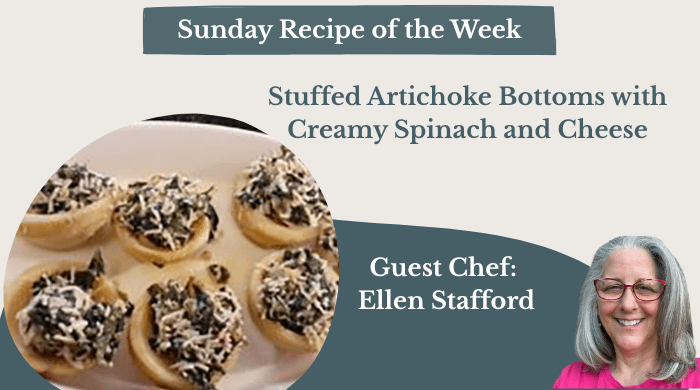Lake Norman Business Playbook – Chapter Two: Visibility — The Advantage That Changes Everything
- The Lake Norman Business Playbook
Health Q & A is a LKN Connect Health & Wellness column published monthly. The readership is invited to submit questions falling within the fields of health promotion, wellness, and disease prevention. Content areas can include nutrition, diet, weight loss, supplementation, fitness, exercise, stress and anxiety, ancestral health, and epigenetics among others. Please direct questions for Health Q & A directly to Wayne Coolidge wayne@healthydynamicliving.com

Alcohol (ethyl alcohol or ethanol) in its many forms can be either Paleo or non-Paleo, health enhancing or life destroying.
Both are made from fermented grapes. Mead, made from fermented honey, meets the criteria, but there hasn’t been a lot of mead drinking going on since the days of Beowulf. Liquor and beer that are distilled and brewed from grains are not Paleo.
Alcohol in its pure form consists of 7 calories per gram, as opposed to 4 each for carbohydrate and protein and 9 for fat. Even so, alcohol consumption in moderation does present certain health benefits. Wine has been associated with the “French paradox,” which is the name given to the phenomenon associated with wine drinkers inheriting health protections. Consuming red wine may aid in the prevention and control of cardiovascular and chronic degenerative diseases through its ability to reduce inflammation and low-density lipoprotein oxidation[1].

Benefit from the protective effects of alcohol by consuming 1 or 2 drinks per day, depending on body size[2]. Anything more, and the health benefits increasingly become health deficits. Pure alcohol calories are void of nutrients. The more alcohol calories that you consume, the less likely you are to eat enough food to obtain adequate nutrients. A compounding factor is that excessive alcohol consumption interferes with the body’s metabolism of nutrients, damaging the liver and potentially every organ in the body.

I read in popular literature that someone would have to drink a case of beer in 20 minutes to get an appreciable blood sugar spike. Don’t check it out yourself though. I typically distrust popular literature but crunching the load/time numbers found the assessment probably not that far-fetched. I do know that darker beers, like stouts, have a higher sugar level, but they also produce a greater positive effect on the cardiovascular system than lighter beers.
Again. Don’t consider this an endorsement of alcohol consumption. Do take this information and determine how this information may or may not fit into your personal lifestyle.
Stay busy, get plenty of exercise, and don’t drink too much. Then again, don’t drink too little. — Herman “Jackrabbit” Smith-Johannsen

Wayne Coolidge, Jr., M.Ed. is a Health Promotion Scholar-Practitioner and owner of Wayne Coolidge Health Promotion, a consulting firm specializing in healthy aging, nutrition, nutritional supplementation, fat loss, fitness, and disease prevention. His latest health initiative is the creation of Shield Maiden Life, LLC, a lifestyle optimization experience inspired by Scandinavian culture and the healthiest, strongest, and most empowered women the world has ever known. Wayne’s Web sites are: www.waynecoolidge.com. and www.shieldmaidenlife.com You can email him at wayne@healthydynamicliving.com.
The views, thoughts and opinions expressed by our writers belong solely to them
and do not represent LKNConnect.com, its publisher or its staff.
